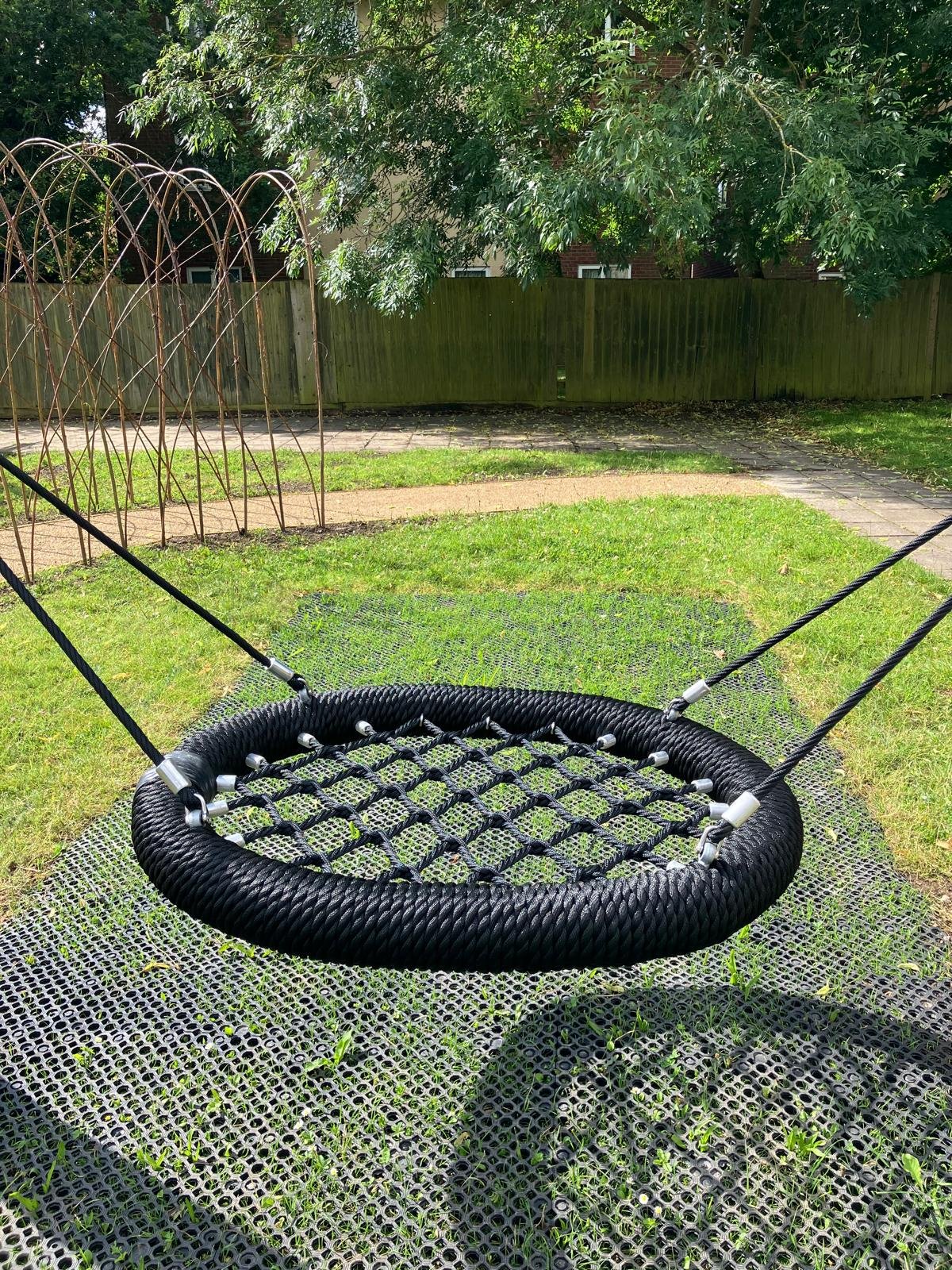Did you know New Hope worked with families?
New Hope is most known for our work with people who are rough sleeping or have been rough sleeping but in recent years, we have expanded our work to include supporting families who are homeless and living in council temporary accommodation.
National charity Shelter said that between July and September last year there were 109,000 households in temporary accommodation – a record high figure and up 10% in a year. There were also 142,490 children who are homeless – another record and up 16,960 (14%) in a year.
Rebecca Palmer, Fundraising and Communications Manager, recently visited the temporary accommodation flats to find out more about how we support the people living there.
”I was interested to find out why a family may end up living in temporary accommodation. The short answer is that something has gone wrong - this could be eviction, non-payment of rent, domestic violence, relationship breakdown, or leaving care with nowhere to go.
Temporary accommodation is, of course, not permanent but it is hard to find suitable and available social housing, especially for a large family or a family with specific needs, so some families end up living in temporary accommodation for a long time.
How do we help? New Hope's team of Tenancy Sustainment support workers come alongside the residents to help with housing benefit, council tax, rent payments, and utility bills. But they do such a lot more than that! Offering support with mental health, addictions, and helping people access employment and training.
It was clear to me how the way New Hope staff work is unique. Full of warmth and humanity, our support workers are like an encouraging big brother or big sister, full of compassion and time. They have the time to sit with people, the time to listen, and the time to help people take the steps they need to take at the right pace.
The staff are able to give hope and help people not give up on themselves or their futures. They are able to take the stress and worry out of forms that need to be filled in and help solve problems that seem insurmountable.
It's wonderful to see how the family room and the garden in the block of flats is being transformed into an area that is more-child friendly and in line with our trauma-informed approach. It's already brighter, more colourful, and with new play equipment!”








